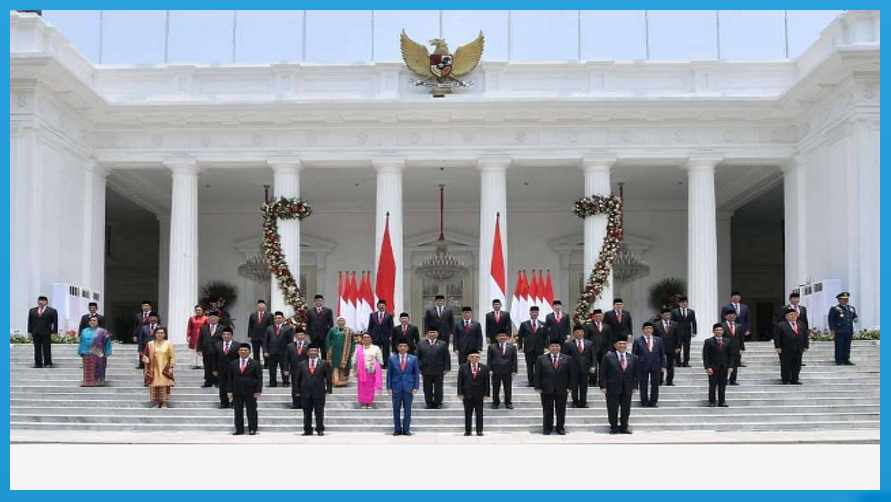JAKARTA, Indonesia — The Indonesian government has announced a sweeping economic stimulus package aimed at boosting domestic consumption and tackling youth unemployment. The plan includes 30 trillion rupiah ($1.81 billion) in cash handouts for 35 million low-income households, alongside a significant expansion of a paid internship programme for recent graduates.
The measures were unveiled by Coordinating Minister for Economic Affairs Airlangga Hartarto, who said the cash assistance would be distributed starting next week and continue through the end of the year. The initiative is expected to provide immediate relief to households facing rising living costs and economic uncertainty.
Expanding Youth Employment
The government also confirmed the expansion of its national internship programme, first launched in September. The scheme will now accommodate up to 100,000 university graduates, a fivefold increase from the original 20,000. Interns will be placed in both public and private sector roles, receiving stipends aligned with regional minimum wages.
The programme is part of a broader effort to bridge the gap between education and employment, particularly for young Indonesians entering a competitive job market. Officials say the internships will focus on strategic sectors such as technology, logistics, and infrastructure, with the goal of building long-term workforce resilience.
Building on Earlier Stimulus
This latest package builds on a previous stimulus announced in September, which included nearly $1 billion in food assistance and temporary public works jobs. Together, the two rounds of support reflect the government’s commitment to sustaining economic momentum ahead of the 2025 year-end and upcoming national elections.
Policy Outlook
Indonesia’s economy has shown signs of resilience, but policymakers remain cautious amid global headwinds, including commodity price volatility and slowing external demand. The stimulus is designed to shore up domestic demand, which accounts for more than half of the country’s GDP.
Minister Hartarto emphasized that the government would continue to monitor economic indicators and adjust fiscal measures as needed: “This is about protecting our people and preparing our workforce for the future.”



